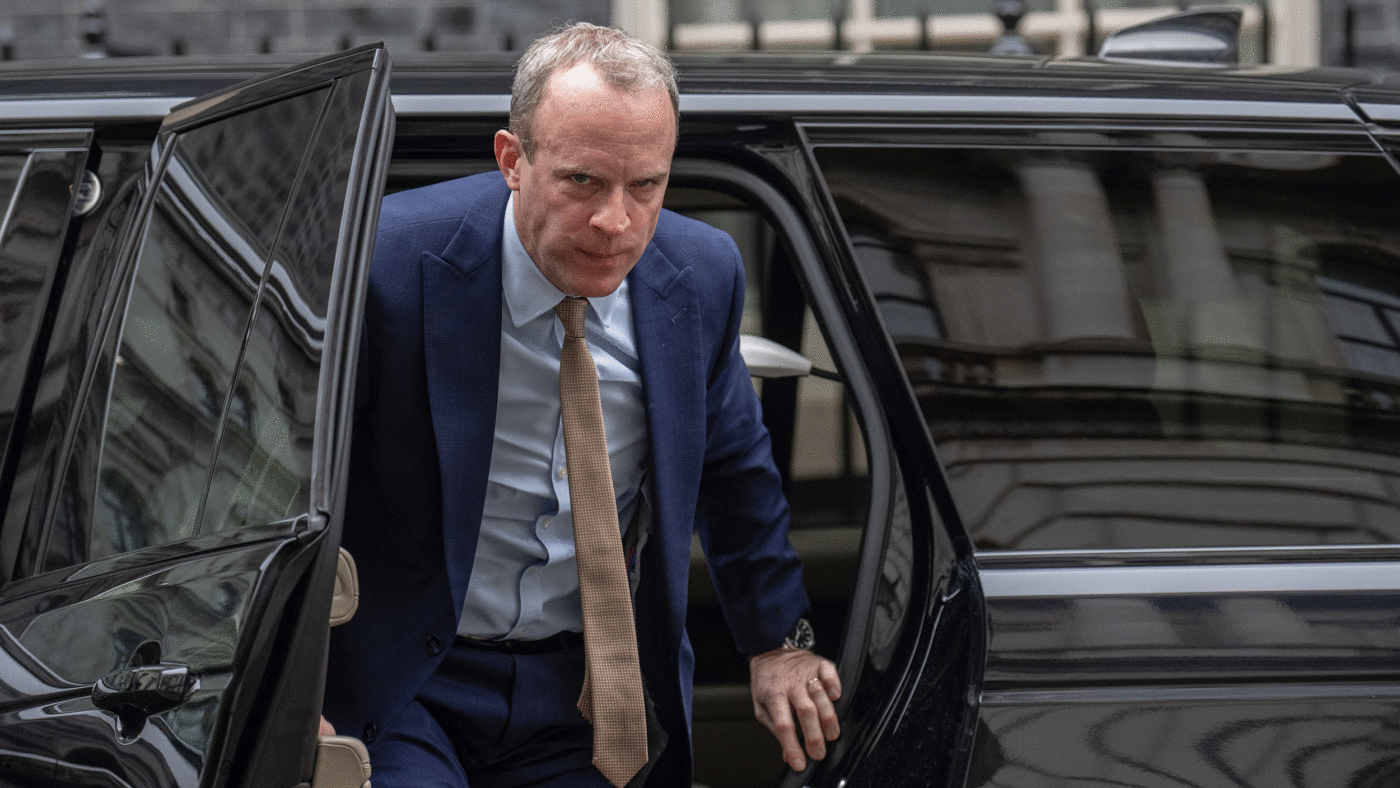Friday morning’s Telegraph promised readers that Dominic Raab would ‘fight to the death’ to keep his job, following Adam Tolley KC’s report into bullying allegations. Hours later he resigned.
In a defiant resignation letter, the Deputy Prime Minister said he felt ‘duty bound to accept the outcome of the inquiry’ but that he believed the adverse findings were ‘flawed’ and that ‘In setting the threshold for bullying so low, the inquiry has set a dangerous precedent’. Having called for the investigation himself and promised to quit if it ruled against him, he had little choice. But in jumping without having to be pushed, he has made life easier for a Prime Minister who places so much emphasis on process and professionalism.
The problem with politics, though, is that it’s not like other professions. As the report itself makes clear, Ministers are not employees and that the Ministerial Code is not a contract involving disciplinary procedures. Indeed, had Raab been in any other kind of job, it’s difficult to believe he would have been forced out on the basis of Tolley’s findings. Not just because the most substantive accusation appears to be that he described a piece of work as ‘utterly useless’ and ‘woeful’, which he denies – but because no one ever mentioned the word ‘bullying’ to him prior to the investigation.
Of course there are good reasons for Ministers to be held to a higher standard than others. As a fish rots from the head, so a country’s leaders influence its values. But just as important as the propriety of individuals is the strength of the institutions in which they operate. There is a clear accountability gap between the anonymous complainants in this case, who have the protection of the vast bureaucracy of the civil service, and the man who has lost his job in such a public way. That very tension that seems to have given rise to many of the complaints against Raab. The report describes how he became frustrated with what he believed was officials’ ‘cultural resistance’ to his policy priorities.
You don’t have to buy into the characterisation of the civil service as a ‘blob’ implacably opposed to Conservative ideas, or believe that Raab is the victim of a politically motivated stitch-up to accept that there might be a structural problem here. Government, like anything else, works best when people are motivated by the same goals and play by the same rules. This is too often not the case in Whitehall. For evidence of these misaligned incentives, look at Simon Case – who was directly implicated in the ‘partygate’ scandal that collapsed Boris Johnson’s government, is also subject to bullying allegations, and yet retains his comfortable sinecure as head of the civil service.
None of this is to diminish the seriousness of bullying in Westminster. The kind of people who seek elected office tend to be attracted to power, and this can lead to toxic dynamics in the workplace. Civil servants are far better protected from this than parliamentary staff who are employed directly by MPs.
Likewise MPs themselves get no management training and little support. There are no safeguards against people who are unfit for the job, like convicted fraudster Jared O’Mara, getting elected. Leadership is a skill which can be learnt, and people who are in politics for the right reasons should care about doing it well. But too often promotion depends on patronage rather than professional development.
From Tolly’s report it’s clear that many of Raab’s colleagues found his management style alienating, rather than motivating. Bullying is one thing, but whether he got results is a different question. When Boris Johnson was hospitalised with Covid, Downing Street staff reportedly found the Deputy Prime Minister a refreshing change from the chaos and indecision they were used to. But other aspects of Raab’s record in government, particularly the shambolic withdrawal from Afghanistan while he was Foreign Secretary, suggest there was room for improvement.
Click here to subscribe to our daily briefing – the best pieces from CapX and across the web.
CapX depends on the generosity of its readers. If you value what we do, please consider making a donation.


